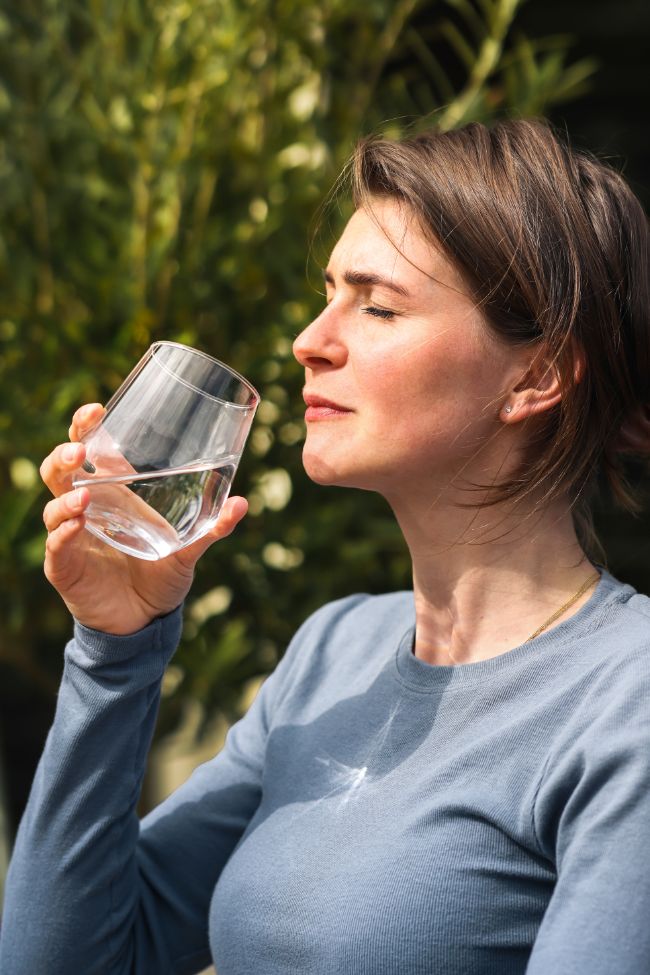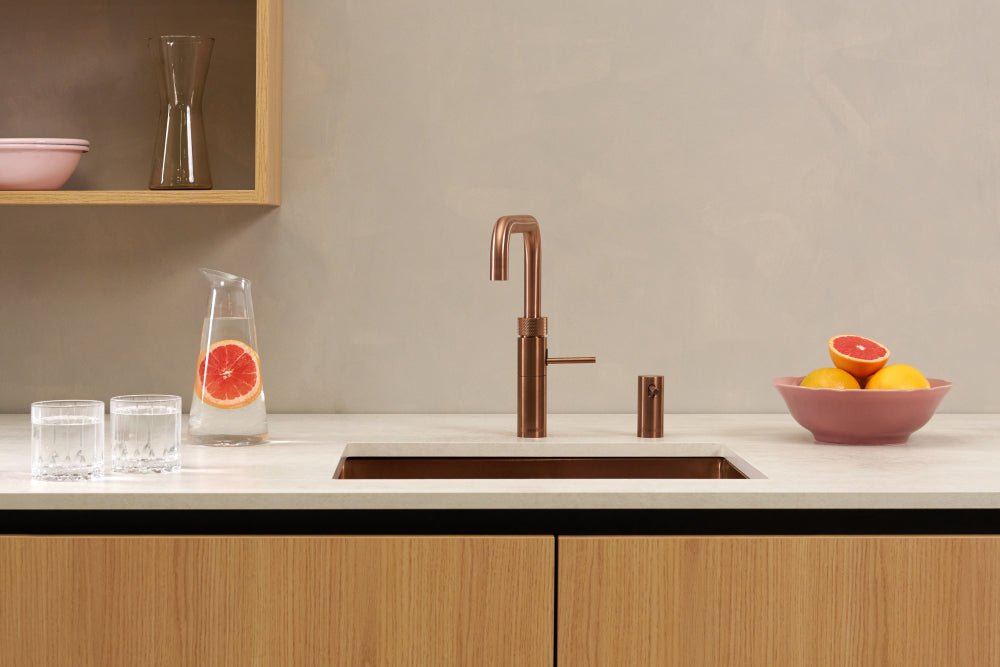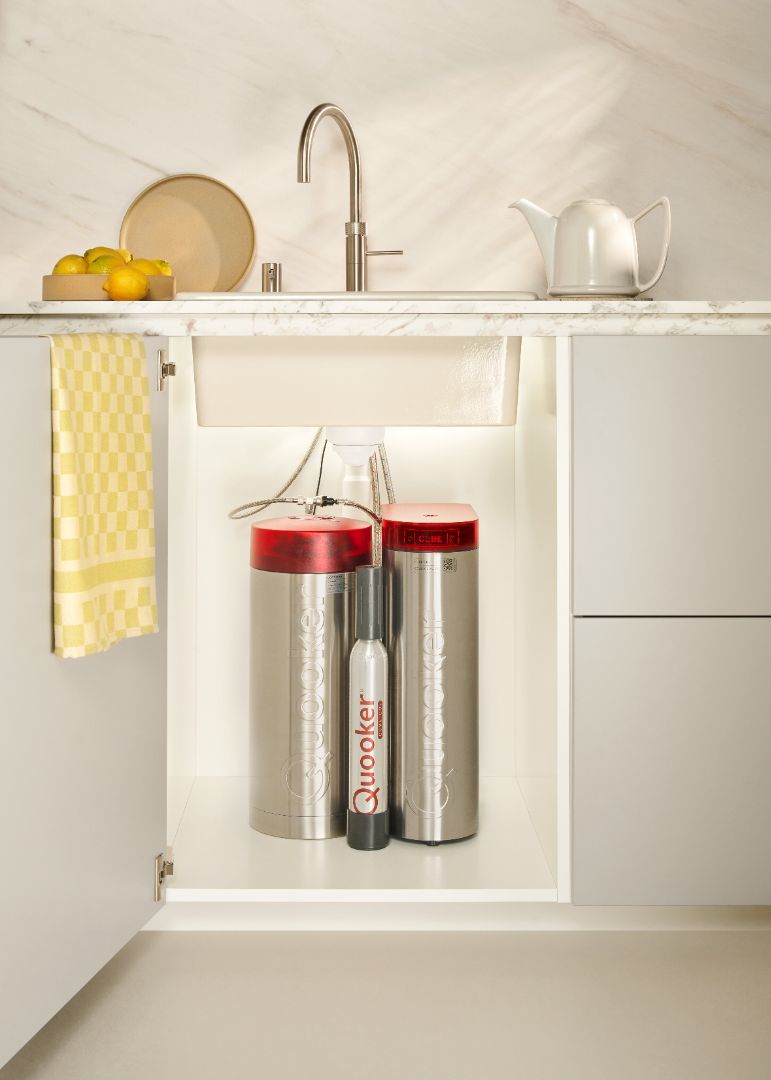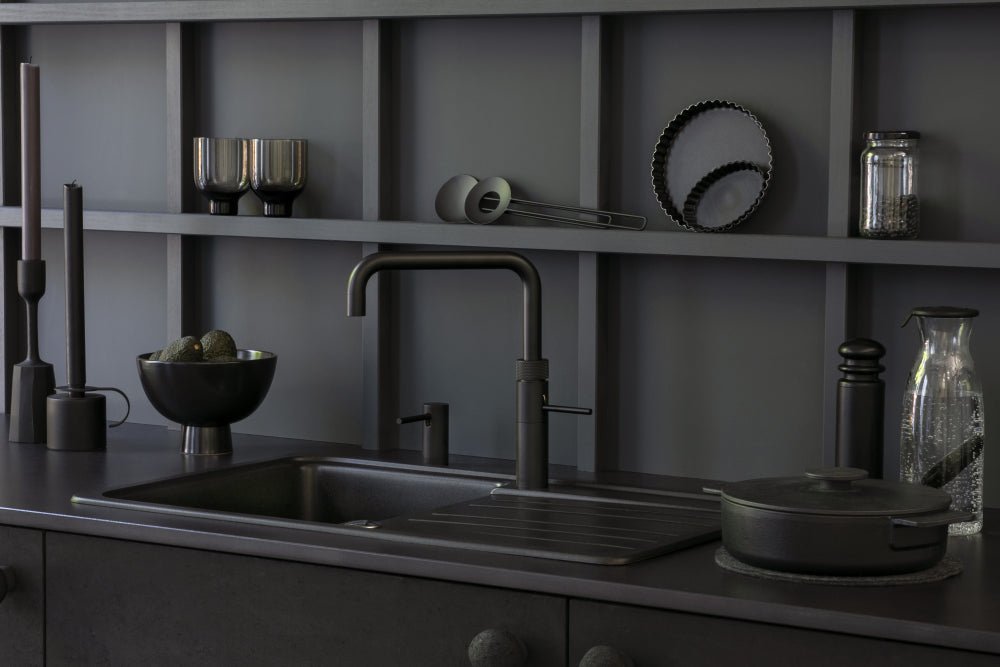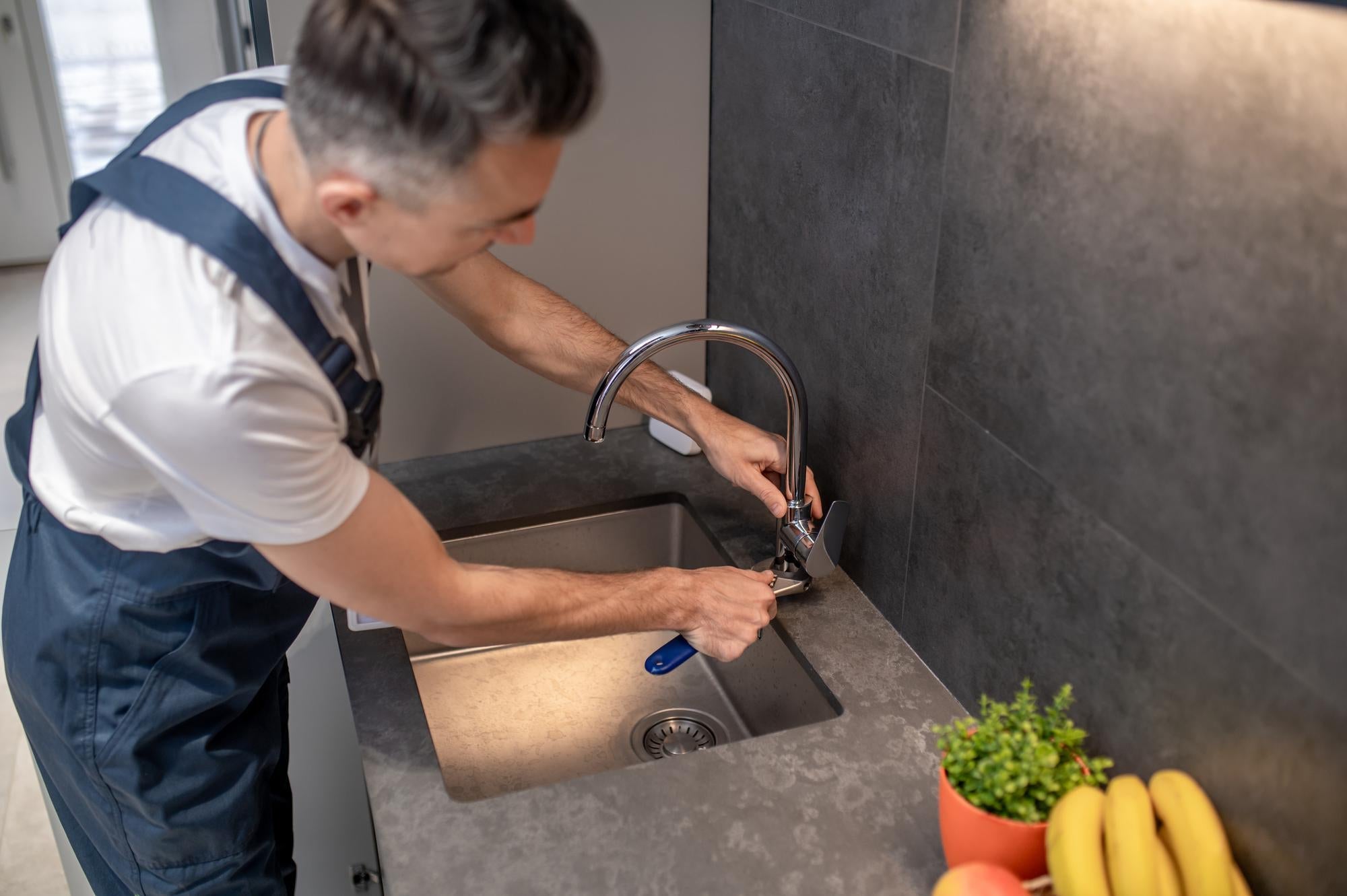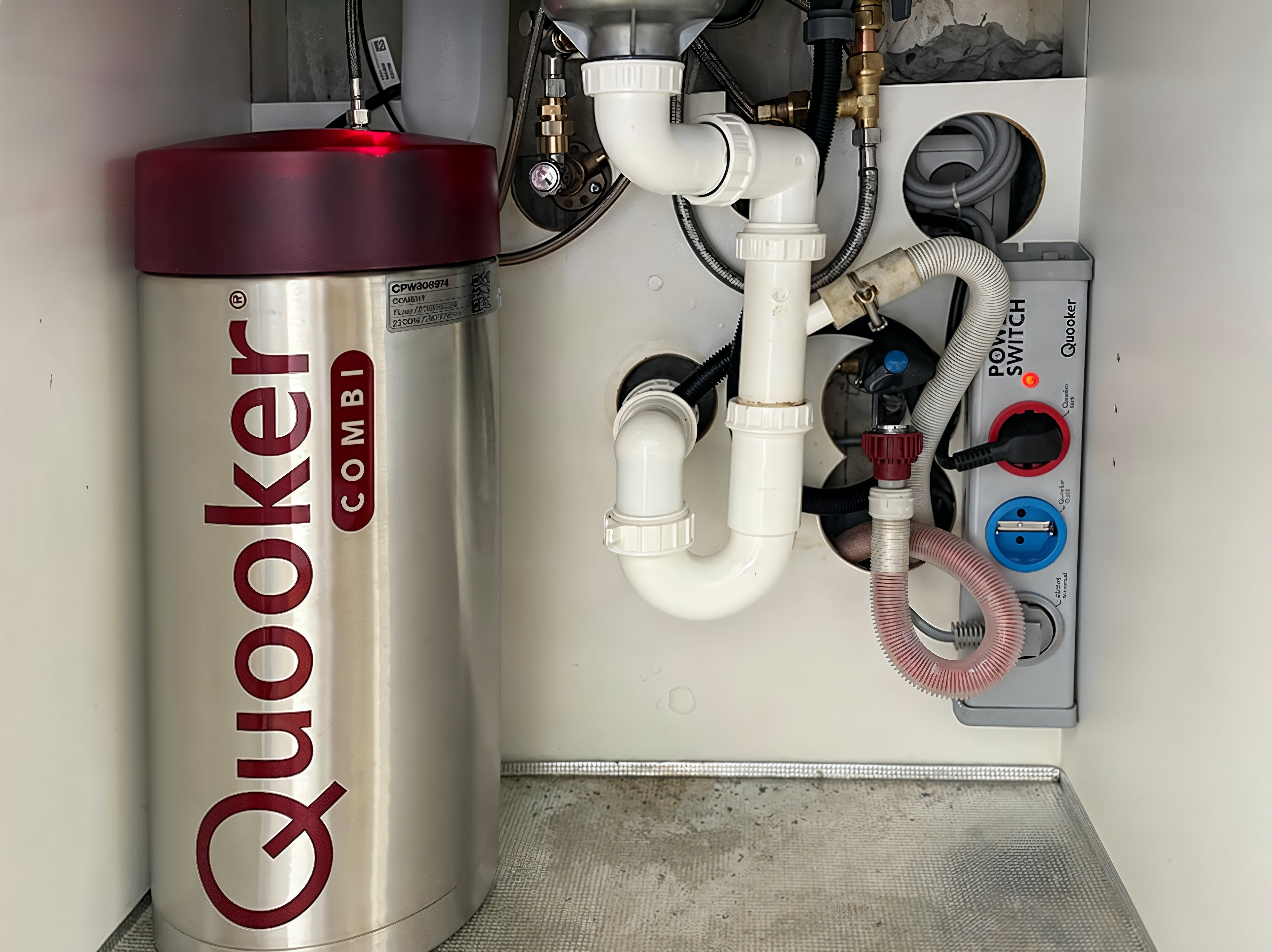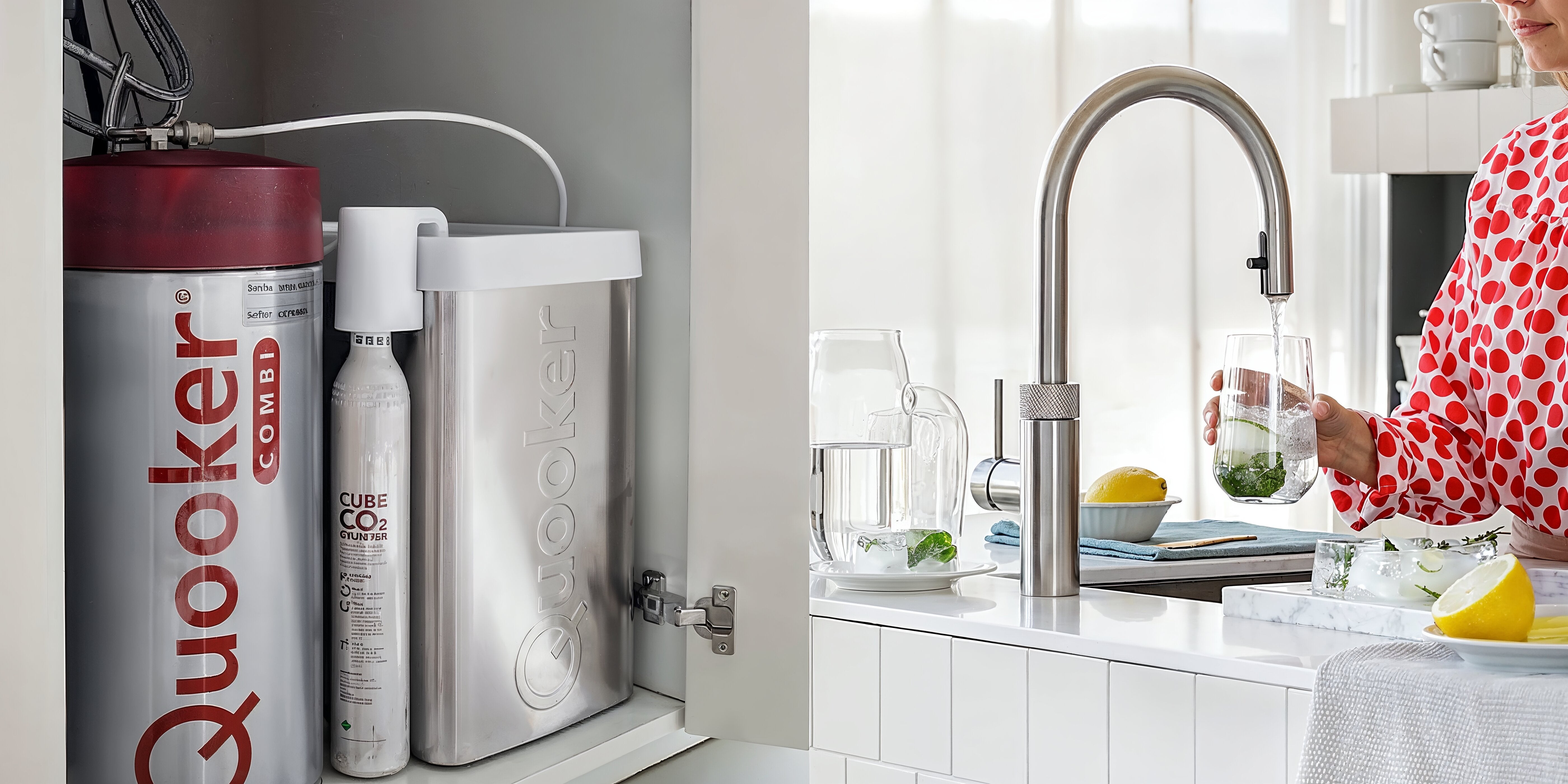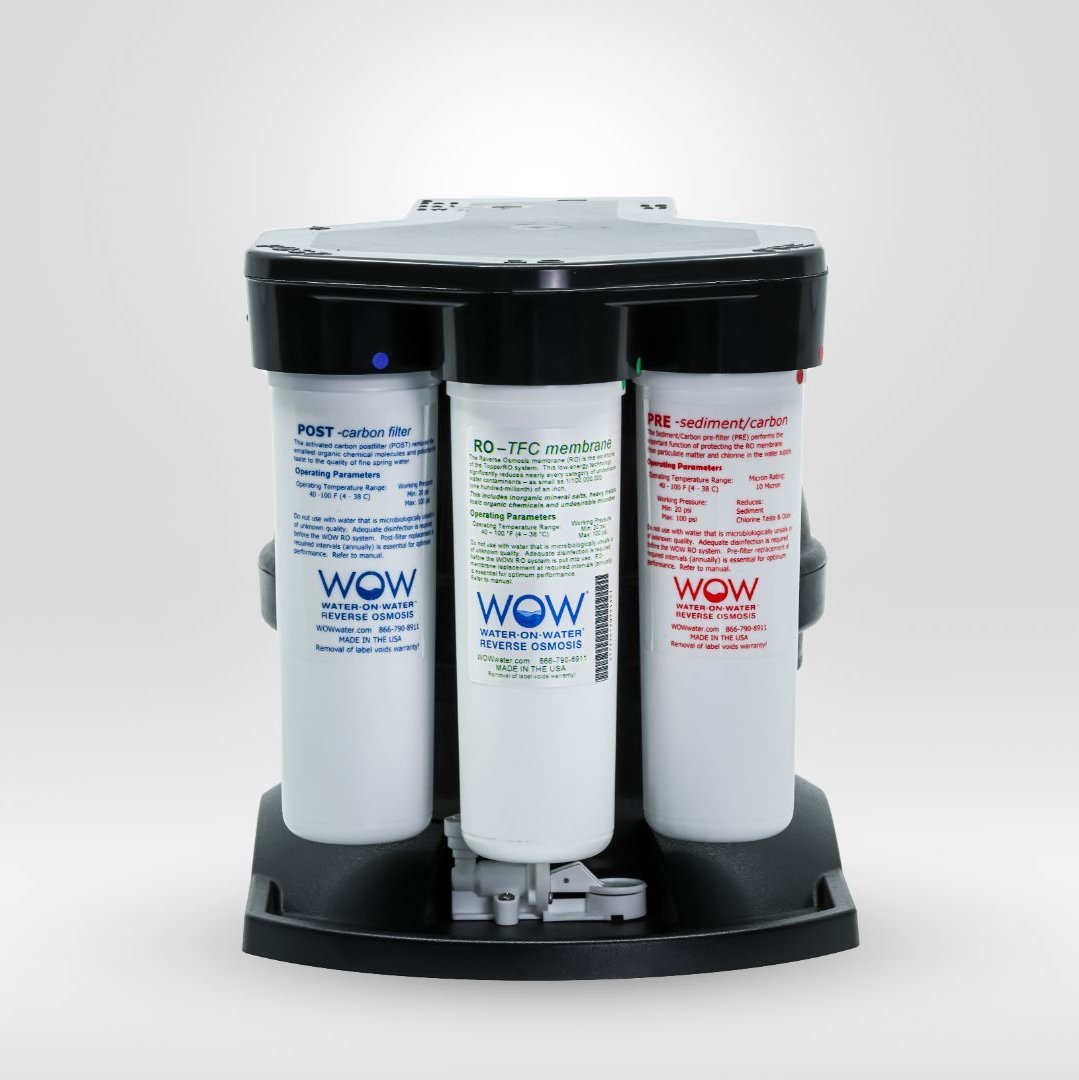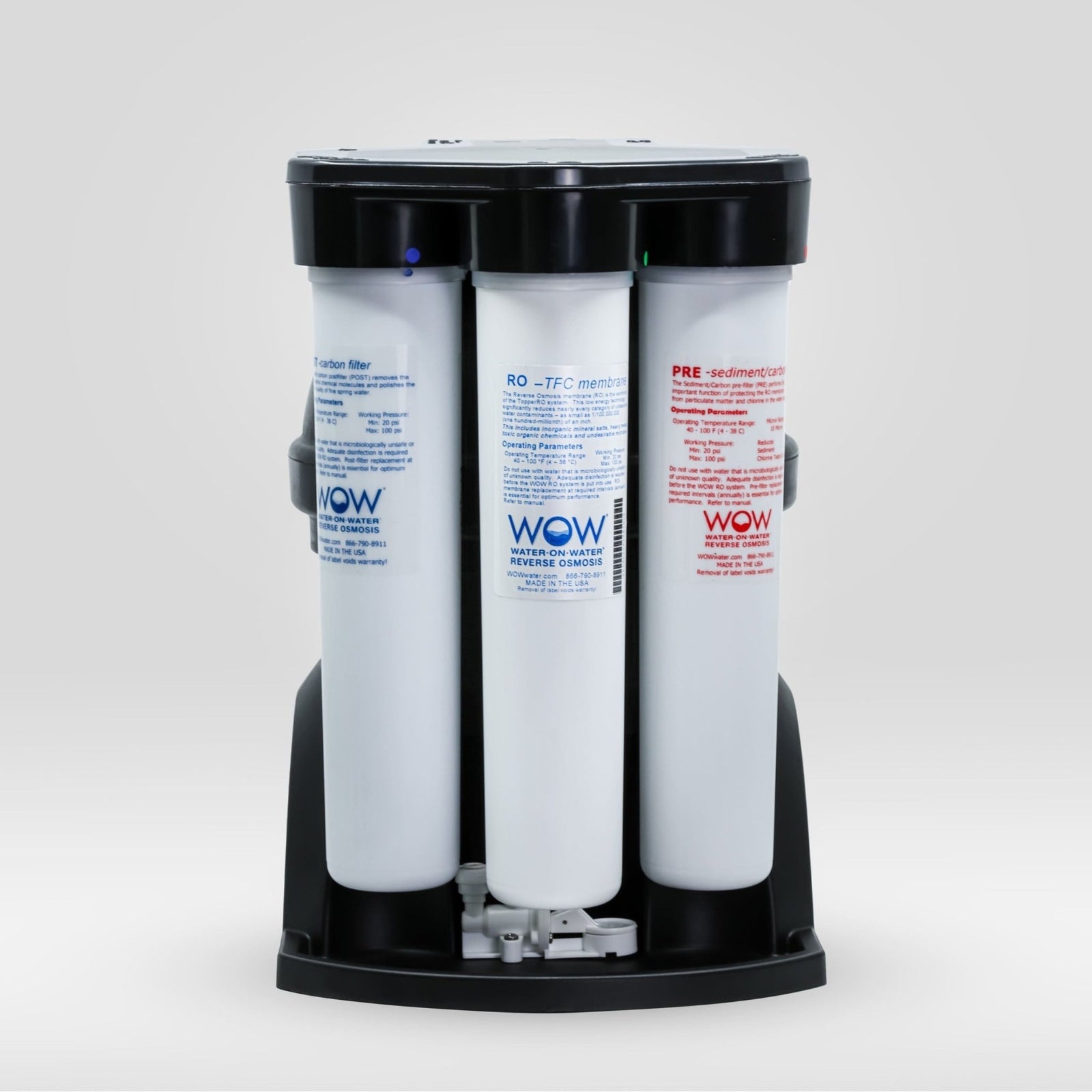The relationship between mineral content in water and health is nuanced. Water with a lower TDS value contains fewer dissolved solids, which can offer advantages such as a purer taste and less limescale buildup on appliances. However, extremely low TDS values can also have disadvantages due to the lack of essential minerals. The ideal TDS value depends on individual health needs, with a balanced mineral intake often being optimal for daily use.
Is a low TDS better for health?
Total Dissolved Solids (TDS) in water is an important indicator of drinking water quality. This value represents the total amount of dissolved solids in water, including minerals, salts, and metals. Although Dutch tap water is generally of good quality, it still contains substances that may not be beneficial to our health. Market research shows that 62% of the Dutch population recognizes that keeping our tap water sufficiently clean is becoming a growing challenge.
The relationship between TDS levels and health is complex. While some minerals in water are essential for our bodies, others can be harmful. Whether a lower TDS level is healthier depends on several factors, including which specific substances are dissolved in the water.
What is TDS and how do you measure it with a TDS meter?
Total Dissolved Solids (TDS) refers to all inorganic and some organic substances dissolved in water. This includes minerals such as calcium, magnesium, potassium, and sodium, as well as heavy metals, pesticides, and other contaminants that may be present in dissolved form in water.
A TDS meter is a useful tool for measuring the concentration of these dissolved substances. This device works based on the electrical conductivity of water—the more dissolved minerals, the better the water conducts electricity. The measurement is displayed in parts per million (ppm) or milligrams per liter (mg/L).
There are different types of TDS meters:
- Pen-style meters: Compact and easy to use
- Portable meters: Often provide more accurate measurements
- Inline meters: For continuous monitoring in water filter systems
When interpreting TDS measurements, it is important to remember that a TDS value only indicates the total amount of dissolved solids, not which specific substances are present or their relative concentrations.
What TDS value is ideal for drinking water?
The ideal TDS value for drinking water varies depending on the source, and health organizations have different guidelines. The World Health Organization (WHO) states that water with a TDS below 300 ppm is generally considered excellent, while values up to 600 ppm are considered good.
For daily use, a TDS value between 50 and 150 ppm is often recommended for optimal balance between taste and mineral content. Water with a TDS below 50 ppm is sometimes considered "too pure" because it contains few essential minerals.
| TDS range (ppm) | Classification |
|---|---|
| 0-50 | Very low (demineralized) |
| 50-150 | Ideal for everyday use |
| 150-300 | Good, rich in minerals |
| 300-600 | Acceptable |
| 600+ | Less suitable for consumption |
For specific health needs, different values may be desirable. People with certain medical conditions may benefit from water with specific mineral profiles.
What are the health effects of water with a high TDS?
Water with a high total dissolved solids (TDS) value contains large amounts of dissolved minerals and other substances. This can have both health benefits and health risks, depending on the specific substances present.
Potential benefits of mineral-rich water:
- Calcium and magnesium can contribute to the daily mineral requirement
- Some minerals support bone health and heart function
- Can contribute to the electrolyte balance in the body
Potential disadvantages of high TDS water:
- May have a bitter or salty taste
- Causes more limescale build-up on appliances and sanitary facilities
- If the high TDS is caused by harmful substances such as heavy metals, it may pose health risks
It's important to understand that a high TDS isn't inherently unhealthy. The composition of the dissolved solids is crucial in determining the health effects.
How does a low TDS affect your long-term health?
Water with a very low TDS value, such as distilled or reverse osmosis purified water without remineralization, can have both benefits and drawbacks for long-term health.
Potential benefits of low TDS water:
- Contains fewer potentially harmful substances such as heavy metals and chlorine
- May help reduce the overall burden of certain contaminants in the body
- Has a clean, neutral taste that is perceived as pleasant by many
Possible points of attention when consuming water with very low TDS for a long period of time:
- Demineralization: The body can lose minerals if the water is constantly deficient in minerals
- Acid-base balance: Very pure water can potentially affect the pH balance in the body
- Reduced intake of essential minerals normally obtained through drinking water
Research on the long-term effects of water with very low TDS levels is inconclusive. Some experts suggest that drinking demineralized water is safe as long as you get enough minerals from your diet.
Key insights on TDS and health
After studying the relationship between TDS values and health, we can draw some important conclusions:
- A moderate TDS value (50-150 ppm) often provides the best balance for daily use
- The composition of the dissolved solids is more important than the total TDS value
- Individual health needs may require different optimal TDS values
- Regular water quality testing with a TDS meter can help monitor your drinking water
For optimal drinking water quality, consider using a water filtration system like "The Source," which removes up to 99% of harmful substances from tap water while maintaining a healthy mineral balance. These systems not only offer health benefits but are also more sustainable than bottled water, producing up to 500% less wastewater than traditional filtration methods.
By making conscious choices about your drinking water and understanding its TDS value, you can contribute to your long-term health and well-being, while enjoying water with optimal taste and quality.
